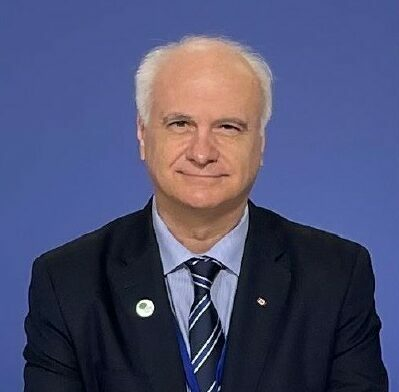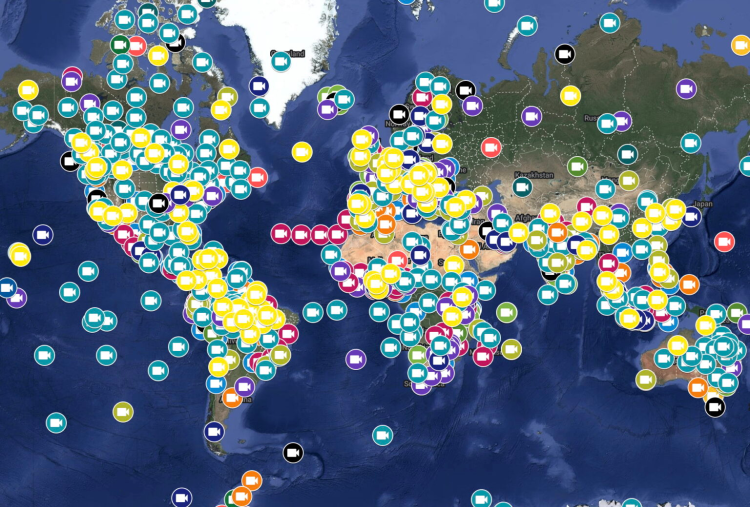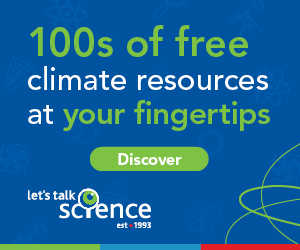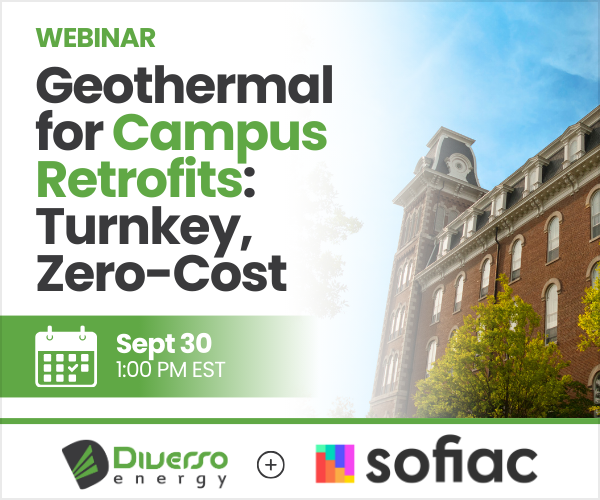York University adjunct professor Mark Terry will teach a new one-day course equipping participants with digital media skills to communicate environmental issues to global policymakers and shape solutions for the future.
For Terry, the power of environmental communication became clear in 2010 when the United Nations used his documentary The Antarctica Challenge: A Global Warning to convey climate change research conducted by scientists on the continent at a climate summit. At the time, film was rarely used to communicate scientific data to policymakers, making the UN's decision a bold experiment - and a successful one.

Mark Terry
"The policymakers really gravitated towards it, because they could understand it, they could see it and it was a relatively short amount of time to watch a documentary compared with days and weeks to read a scientific paper," Terry says.
Since then, Terry has frequently partnered with the UN to use film and digital media to convey climate science. His experiences - which have seen him named a Fellow of the Royal Society of Canada and the Royal Canadian Geographical Society - now form the foundation of a new certificate course he is teaching through CIFAL York called Environmental Communication, drawing on more than 30 years of documenting climate change impacts.
The one-day program provides a microcredit certificate and gives participants hands-on experience producing digital media that communicates environmental issues in ways policymakers can understand and act upon. The curriculum covers fundamentals of environmental communication and practical skills for effective messaging while workshops guide participants in developing their own environmental documentary prototypes.
The course ties directly to projects Terry has pioneered and that have been formally adopted by the UN to inform climate policy discussions. These include Geo-Doc, a multi-linear interactive documentary platform using geographic information system maps to display short films and the Youth Climate Report, which Terry is the executive director of, an annual video report created by young people aged 18 to 35 - often from remote communities - who visually document how climate change affects them.

Screenshot of The Youth Climate Report map
Participants learn strategies for communicating environmental problems to decision-makers, including designing and producing their own Geo-Doc projects. They create short three- to five-minute geo-tagged videos that show where environmental stories are unfolding and participate in workshops on producing films in the style of the Youth Climate Report. All films will be submitted to the UNFCCC's Youth Climate Report for review.
Terry says the course addresses a persistent challenge: despite the abundance of digital tools, society still struggles to convey environmental issues and solutions to policymakers. "This course provides new tools, methods and approaches that anyone can adopt to better communicate environmental issues to those in charge," he explains.
For Terry, the program is about passing on lessons from a career dedicated to environmental communication. It offers participants tools to influence policy directly, moving beyond protests to a seat at the table where they can present their experiences and perspectives. "It gives them a way to show what they are experiencing and influence policy with their own voices," he says.
This story was originally featured in YFile, York University's community newsletter.













